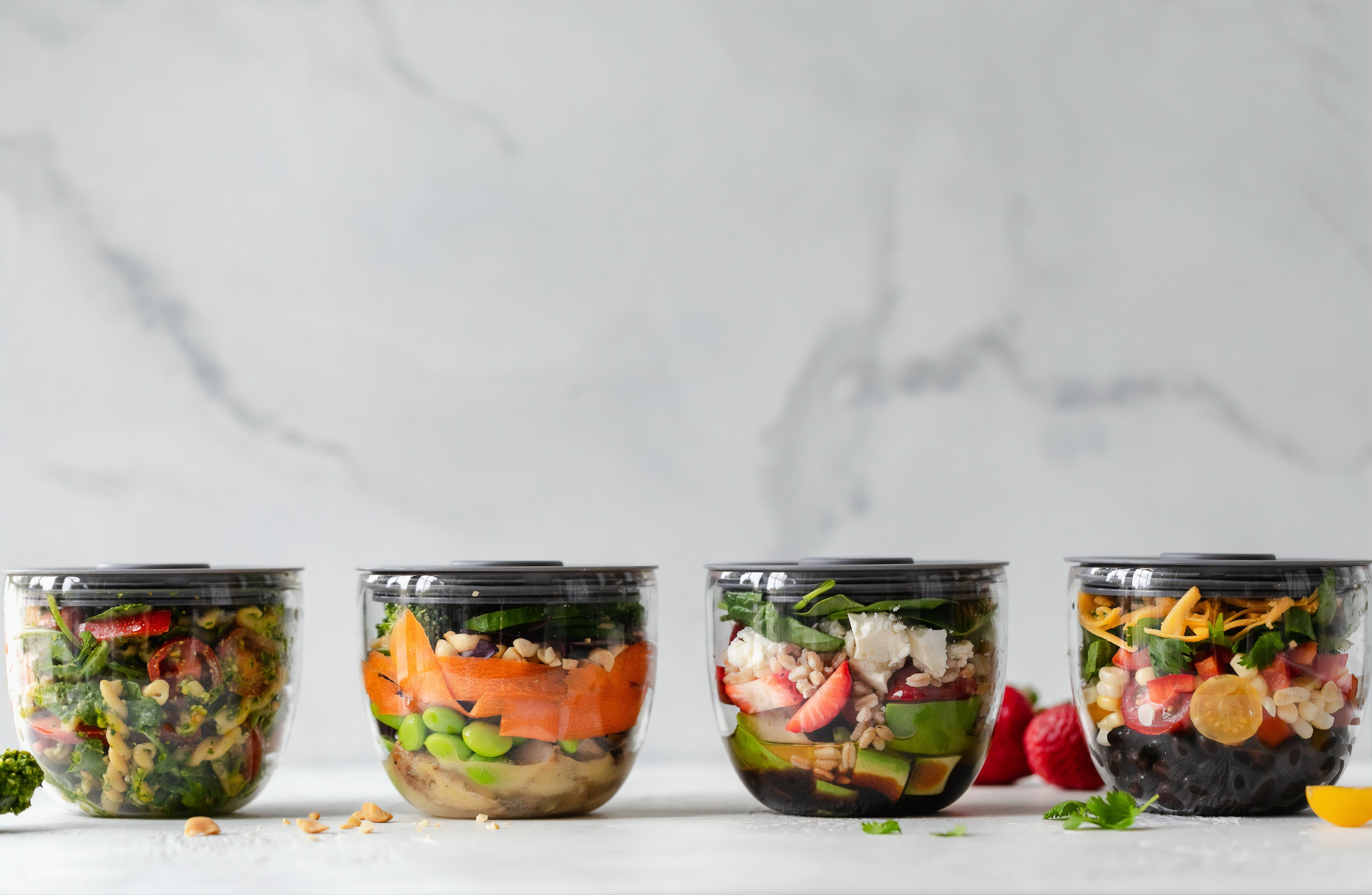With growing families and rising food costs, it’s always a puzzle to stretch those hard earned dollars when it comes to meal time!
In a world increasingly conscious of food waste and sustainability, the humble leftover has taken center stage as a culinary hero. Leftovers are not only a smart way to reduce waste but also an opportunity to enjoy a second meal without the effort of starting from scratch.
But how do we make the most out of them? Are leftovers always good for us? Let’s dive into the world of leftovers, exploring their benefits, potential pitfalls, and strategies to make the most of them.
Leftovers have a variety of benefits. They offer a convenient way to enjoy well-cooked meals, saving us both time and effort in the kitchen. Consuming leftovers can also help reduce your environmental footprint and can save you a lot of money along the way. According to the USDA’s Economic Research Service, the average American family loses as much as $1,500 each year from uneaten food.
When are they not good for you?
Food safety is paramount when handling leftovers. Leaving leftovers at room temperature for too long can lead to bacterial growth, potentially causing foodborne illnesses. To ensure food is safe to eat, leftovers should be refrigerated within two hours of cooking. Moreover, consider using food-safe containers to prevent any unwanted contamination when storing leftovers with other perishables.
How long should certain items be kept?
The longevity of leftovers varies depending on the type of food.
Leftover guide:
To help you navigate the shelf life of leftovers, here is a quick guide of some common leftovers, per the USDA:
Cooked Meat and Poultry
- 3-4 days in the refrigerator
Cooked fish
- 3-4 days in the refrigerator
Cooked rice and pasta
- 3-4 days in the refrigerator
Soups and stews
- Around 3 days in the refrigerator
Cooked vegetables
- 3-7 days in the refrigerator
Pizza
- 4 days in the refrigerator
Baked goods (like bread and cake)
- Up to five days at room temperature; can be frozen for longer storage
Why do some people hate leftovers?
While leftovers have their merits, not everyone is a fan. Several factors contribute to this sentiment, including:
Texture and taste
- Some dishes don’t reheat well, leading to changes in texture and taste.
Perceived boredom
- The idea of consuming the same meal repeatedly can feel monotonous or less exciting, deterring many people from consuming leftovers.
Freshness concerns
- There is a negative stigma surrounding the perceived lack of freshness surrounding leftovers.
Strategies for minimizing food waste
If you’re looking to minimize leftovers and food waste, here are some strategies to consider:
Cook smaller portions
- Prepare only what you intend to consume in one sitting.
Meal planning
- Plan your meals for the week to help you avoid overcooking.
Freeze excess portions
- Freeze leftovers for longer storage if they won’t be consumed within a few days.
Share and donate
- If you have extra food, consider sharing with friends, family or local charities.
When are they good for you?
Leveraging leftovers is a culinary art that balances sustainability, convenience and flavor. While leftovers can be a beneficial addition to your culinary repertoire, their quality and safety depend on proper handling and storage. By understanding the nuances of leftovers, you can make the most of your meals while contributing to a more sustainable and mindful way of cooking and eating.

